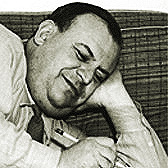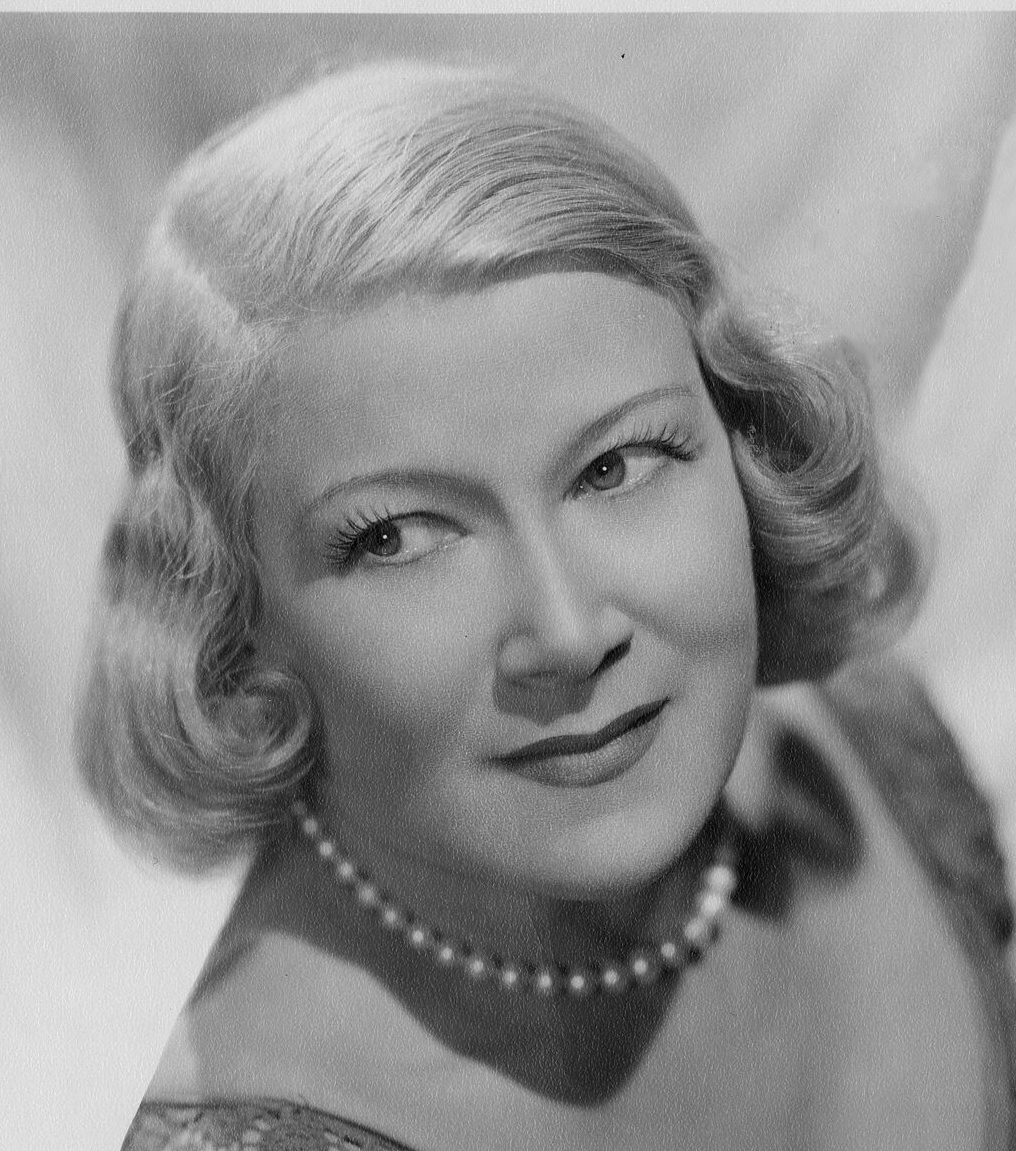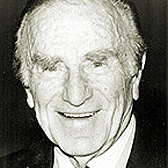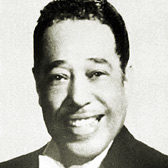
Broadway's" 42nd Street" and Hollywood's "Show of Shows"
Al Dubin
InducteeMore than 60 hit songs for movie musicals
Al Dubin was born on June 10, 1891 in Zurich, Switzerland. His family, originally from Russia, moved to Philadelphia, Pennsylvania when he was two. His father was a medical doctor and his mother was a science teacher; neither wanted him to pursue a career in music. By age 14, Dubin was cutting his classes at school to see Broadway shows, and to spend time on West 28th Street (the “Tin Pan Alley” district) where he tried to sell special material to vaudeville entertainers.
Dubin chose to complete high school at a private institution, Perkiomen Seminary, an unusual choice for a Jewish boy. He excelled in athletics, and was captain of the football team, as well as a track and basketball star, however, his love of alcohol, girls, and nights out often resulted in suspensions, and just a few days before graduation, he was expelled from the Seminary.
He enrolled in medical school, but was expelled from that in 1911. After that he became associated with the Witmark Music Publishing company, and worked for them as a staff writer for many years. In 1916, he wrote his first hit song with composer Rennie Carmack, "Twas Only an Irishman's Dream." However, no successes followed, and he began working as a singing waiter in a bar, until he entered the army in World War 1. After the war, he resumed songwriting, working with various composers. Some of his early hits were "Halfway to Heaven," written with J. Russell Robinson, and "A Cup of Coffee, a Sandwich and You," written with Joseph Meyer. Dubin's daughter said that the inspiration for the title was the line from an Omar Khayyam poem: "A Loaf of Bread, A Jug of Wine, and Thou Beside Me in the Desert."
By 1926, he was writing music to promote silent films, and he was one of the first songwriters hired for talking pictures in the late 1920s. He wrote many songs with Joseph Burke, such as "'Tiptoe Through the Tulips," "Painting the Clouds With Sunshine," and "The Kiss Waltz." In the early 1930s, he teamed with Harry Warren, with whom he collaborated through the remainder of the decade. The two wrote as many as 60 songs per year, including "We're in the Money," "Forty-Second Street," "Shuffle Off to Buffalo," "You're Getting to Be a Habit With Me," "The Boulevard of Broken Dreams," "I Only Have Eyes for You," "About a Quarter to Nine," "With Plenty of Money and You," "September in the Rain." "Lulu's Back in Town, " and their 1935 Academy Award winner, "Lullaby of Broadway."
After 1939, Dubin wrote with many other composers, including Jimmy McHugh ("South American Way"), Will Grosz ("Along the Sante Fe Trail."), and Duke Ellington ("I Never Felt This Way Before"). Dubin provided the lyrics to the song "Indian Summer," set to music written in 1919 by the great composer Victor Herbert, who died in 1924.
Dubin's lifestyle included excessive eating, drinking, and drugs at times, he packed 300 pounds onto his 5 foot 9 inch frame. All of this began to cause him health problems in the early 1940s, and he died of barbiturate poisoning and pneumonia on February 11, 1945. He was survived by two daughters and his wife Helene McClay.









